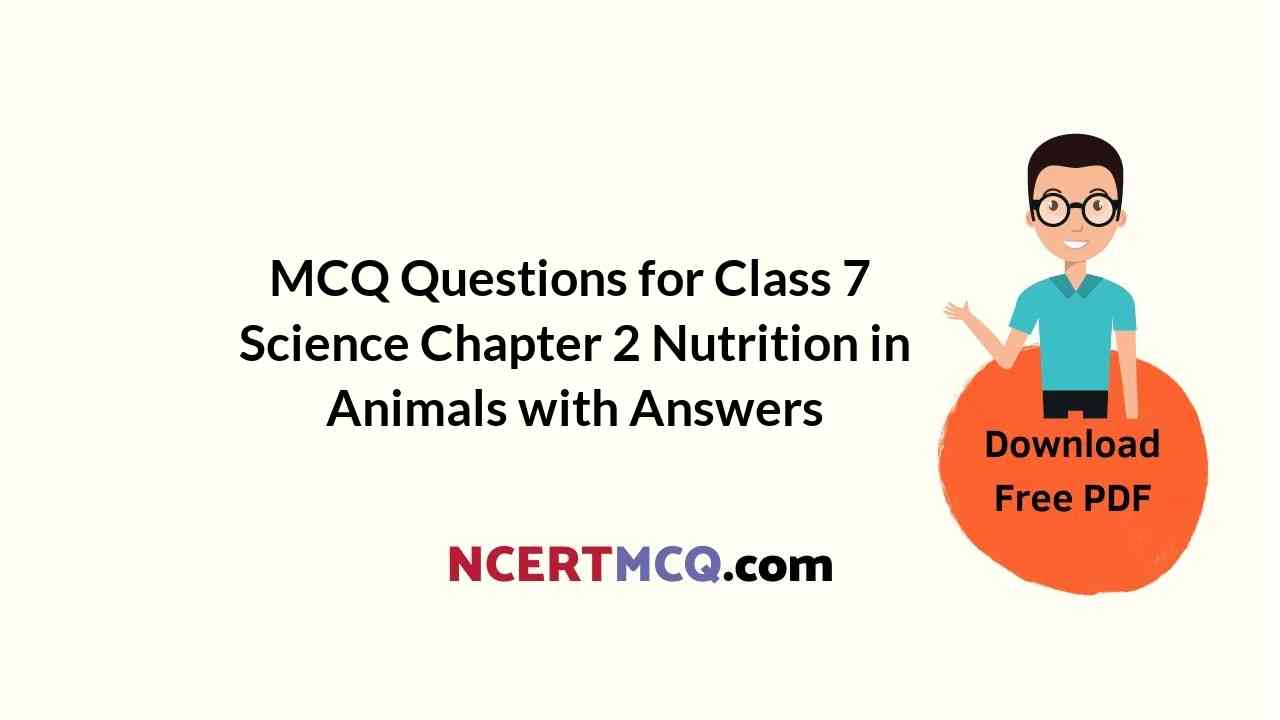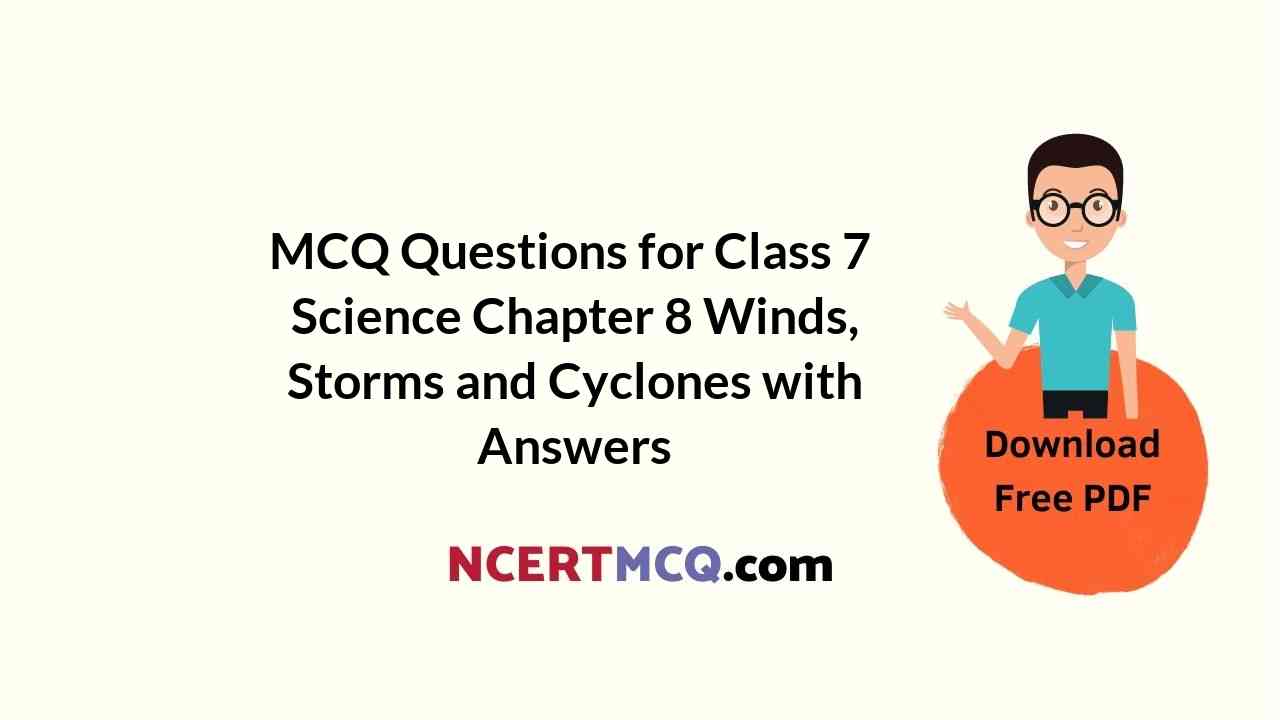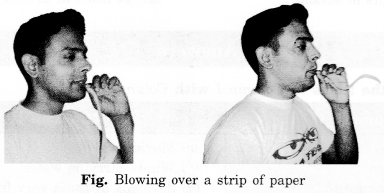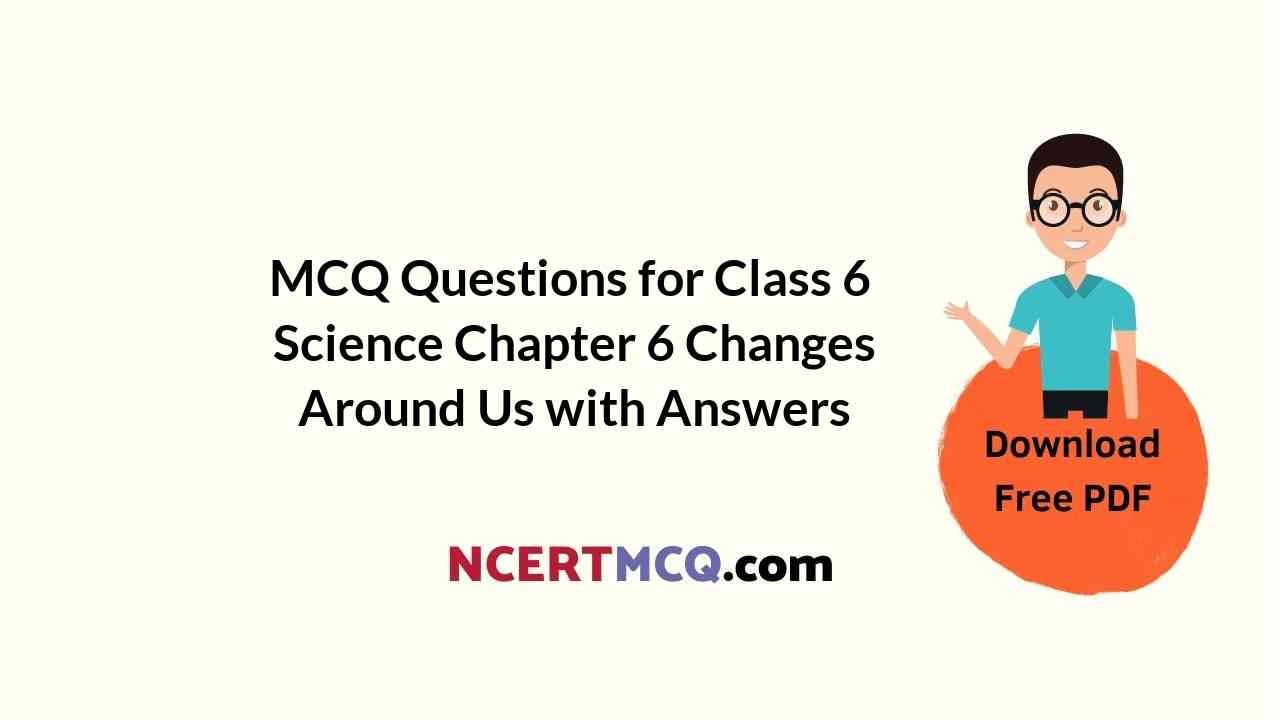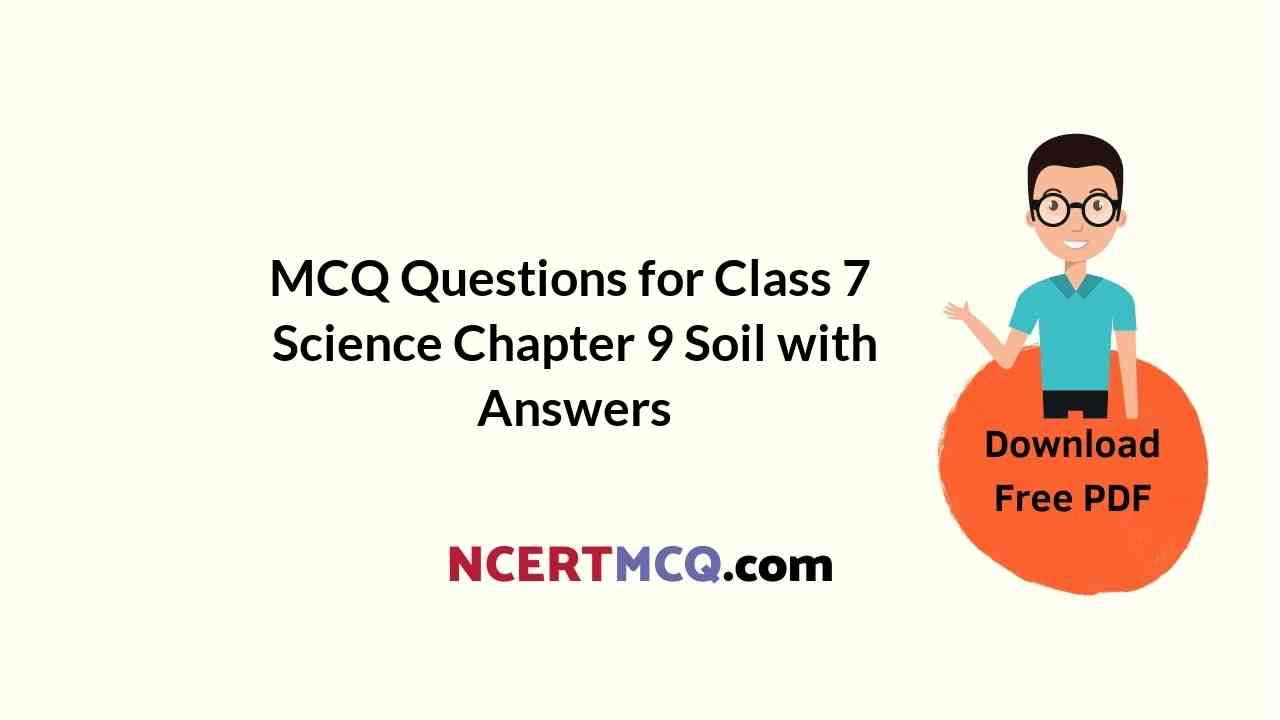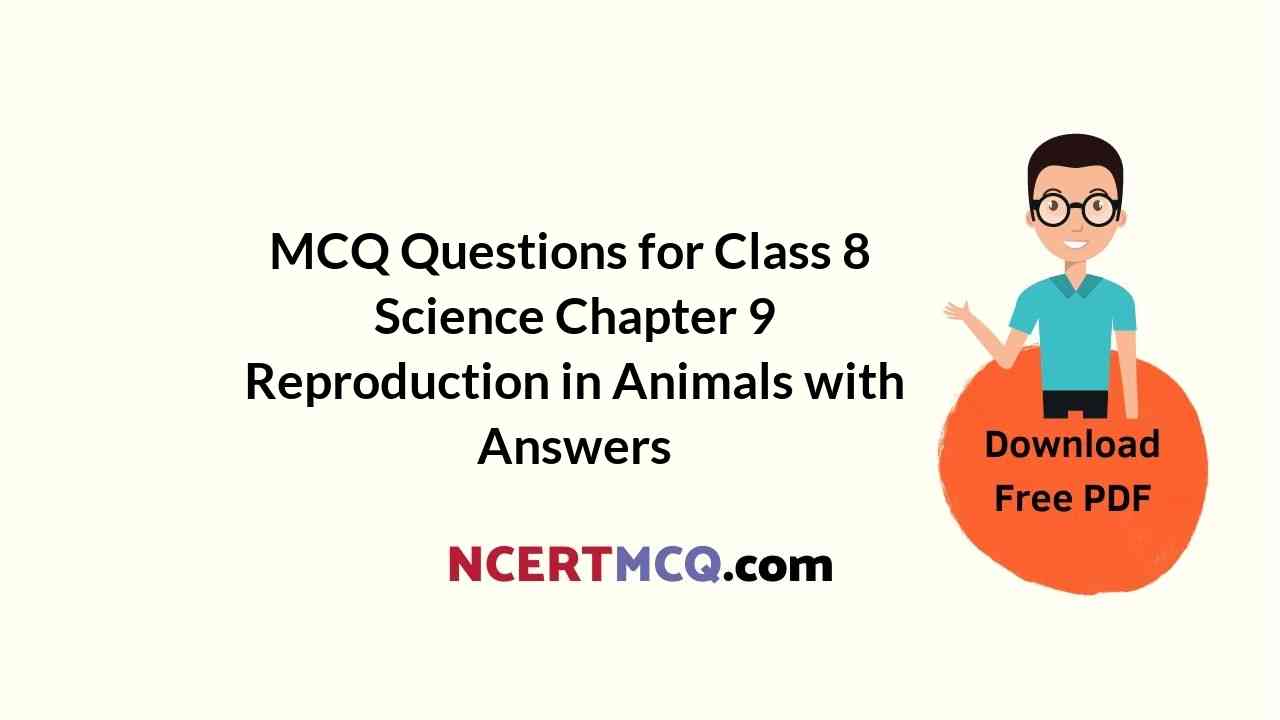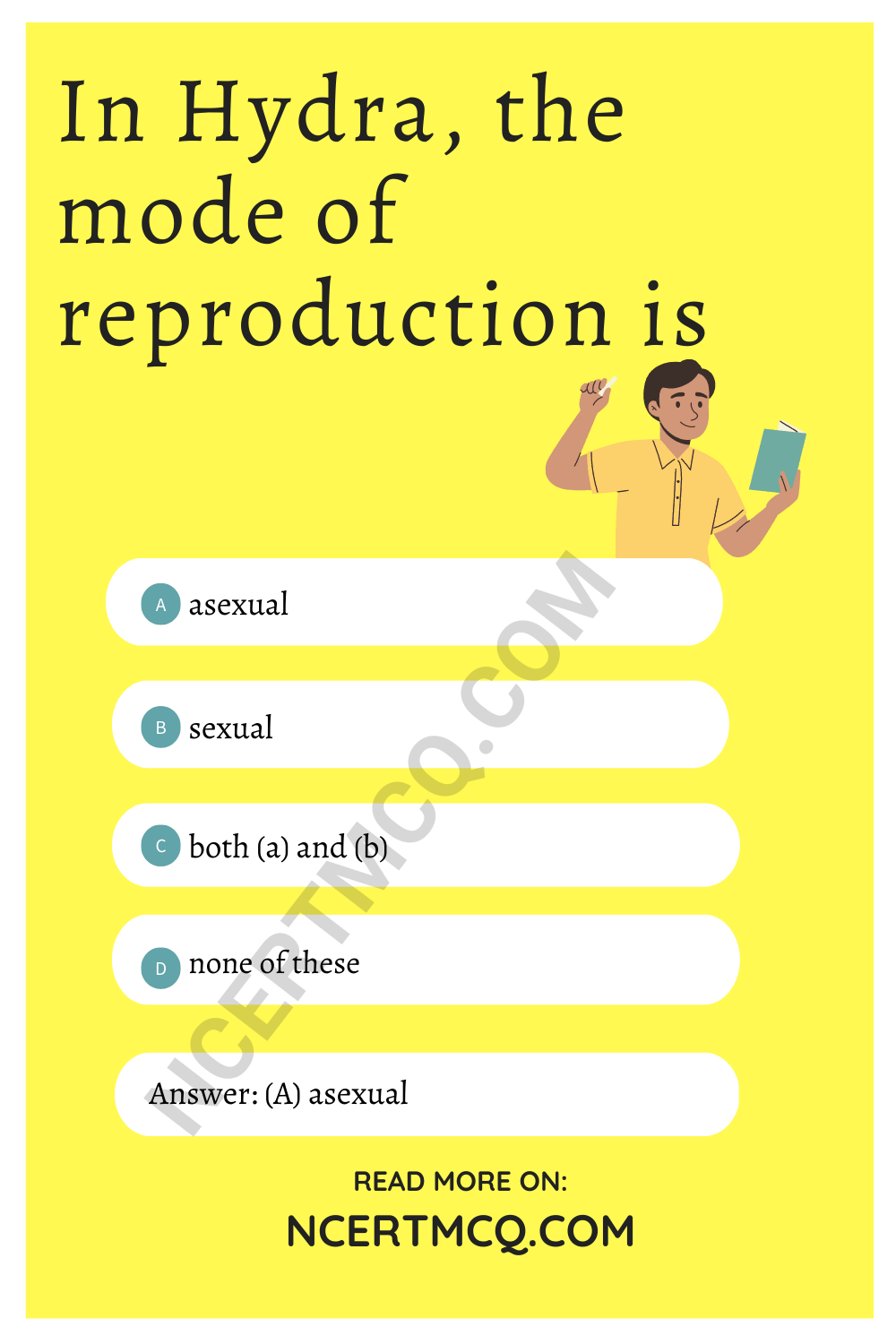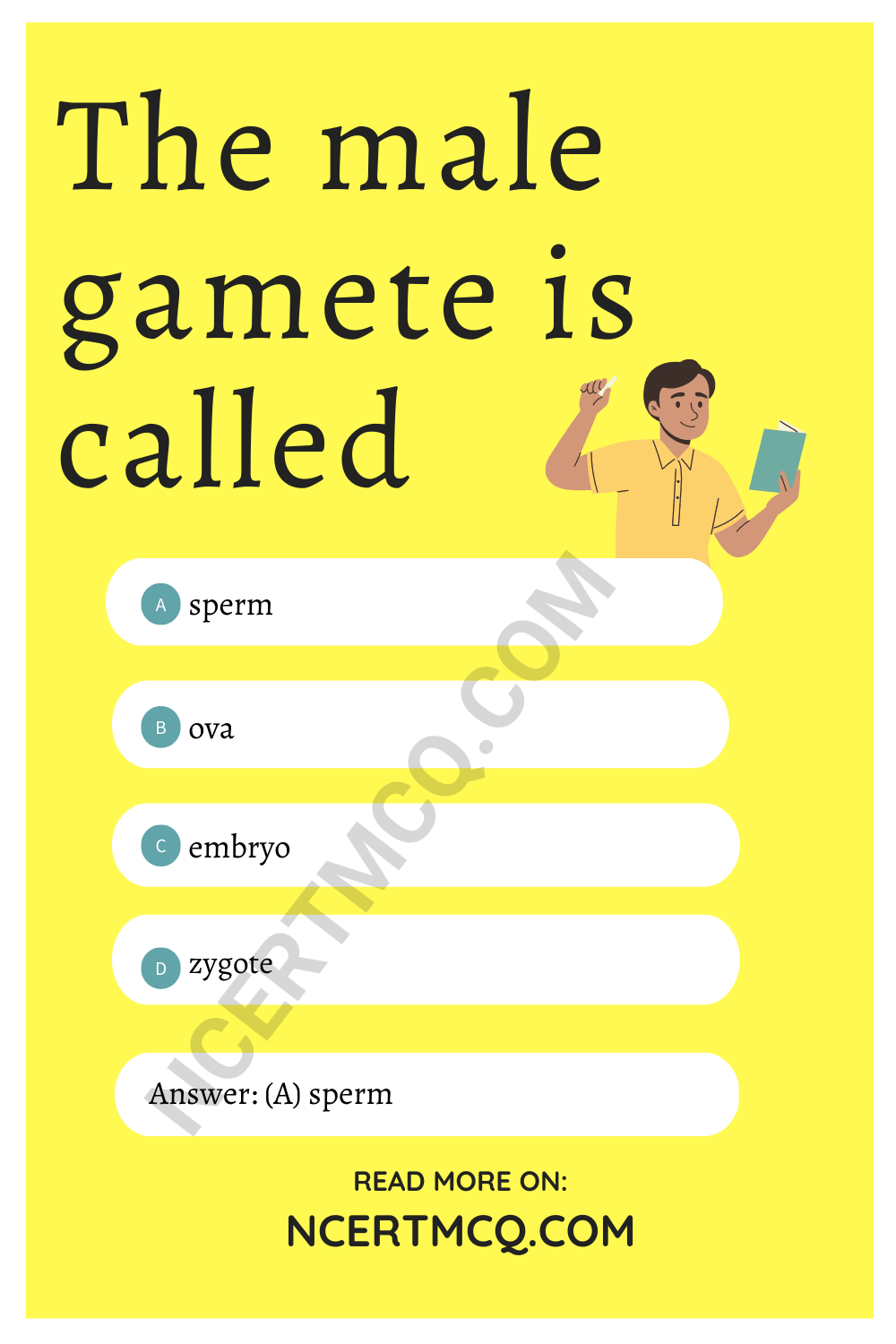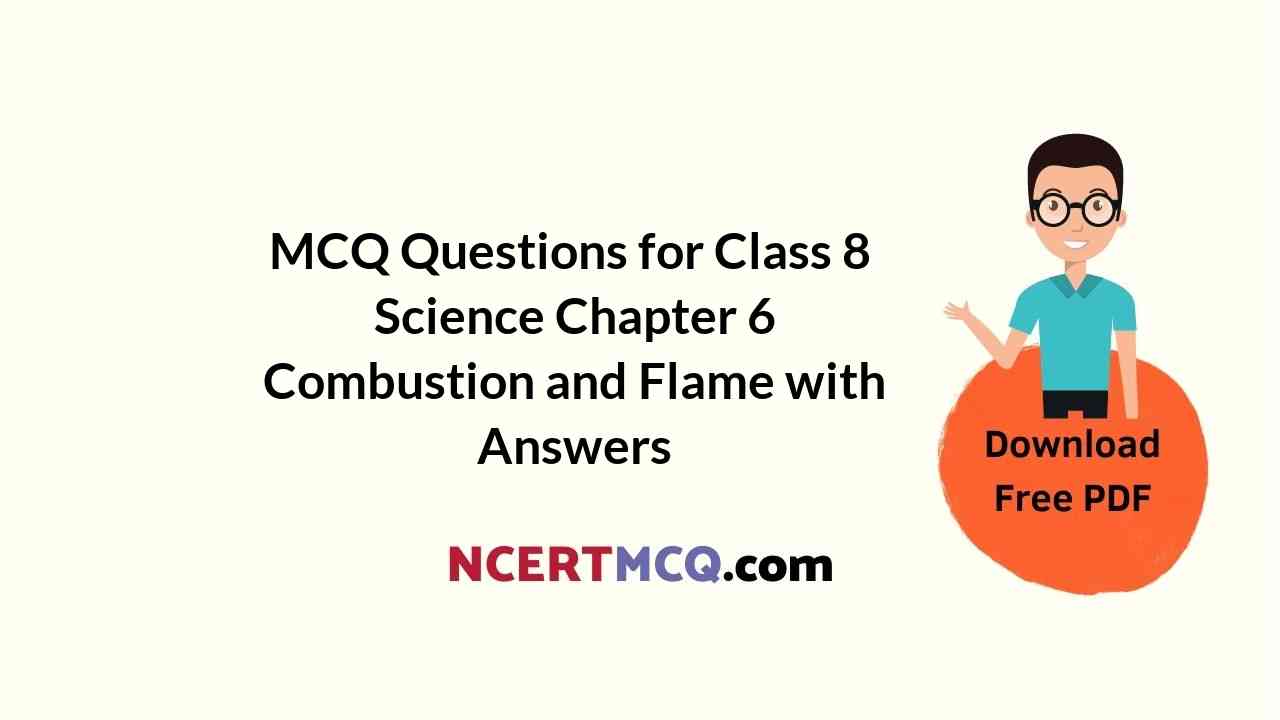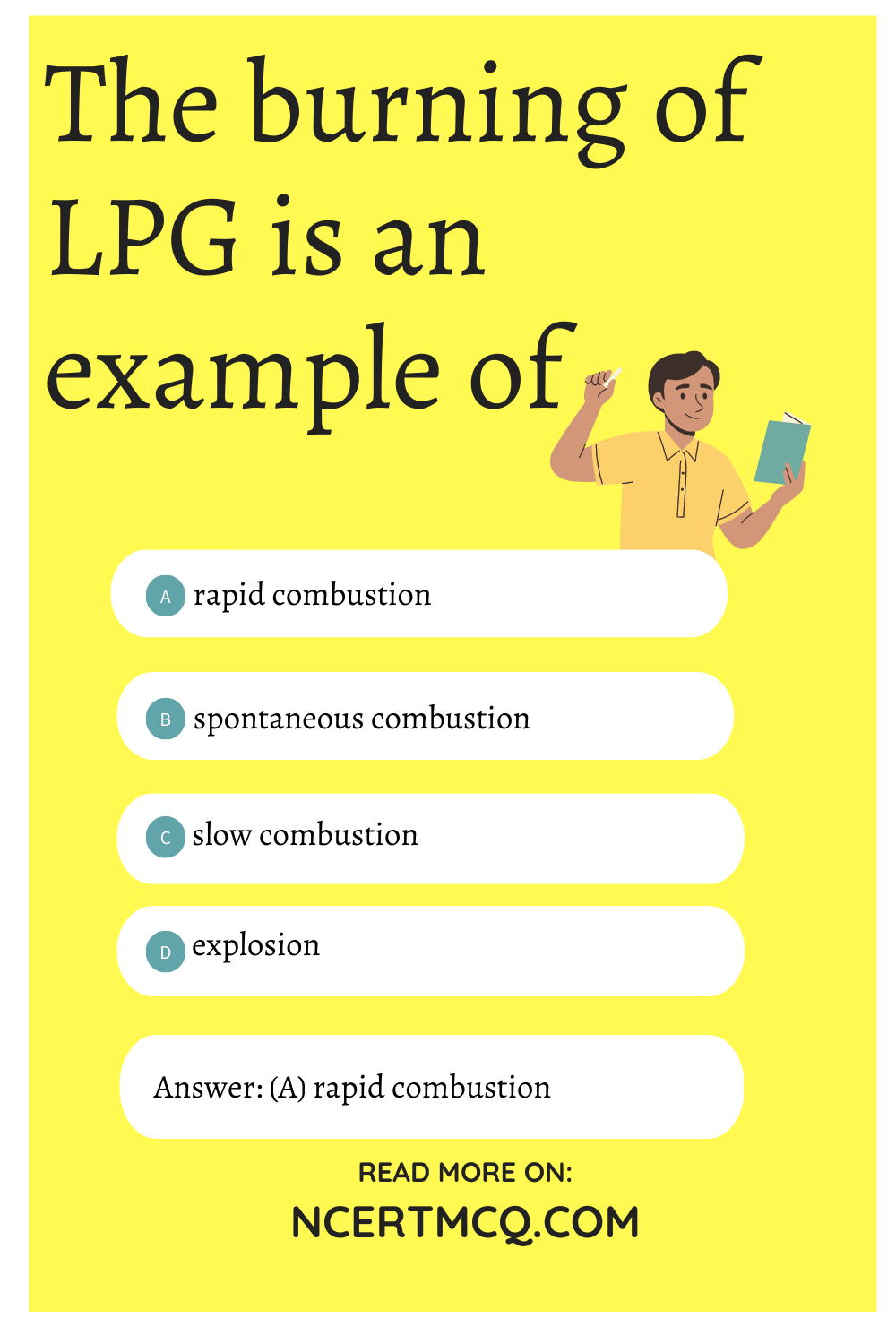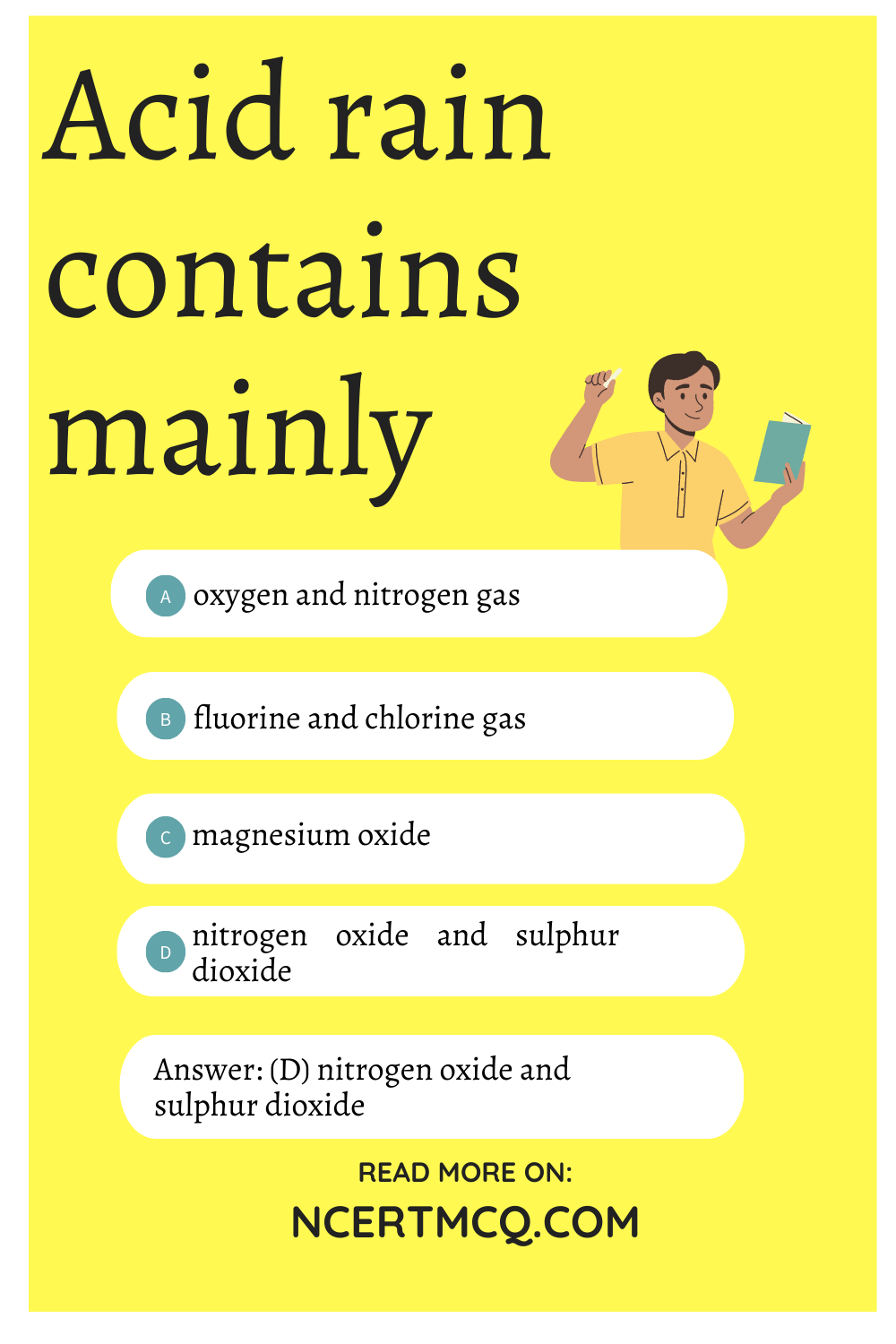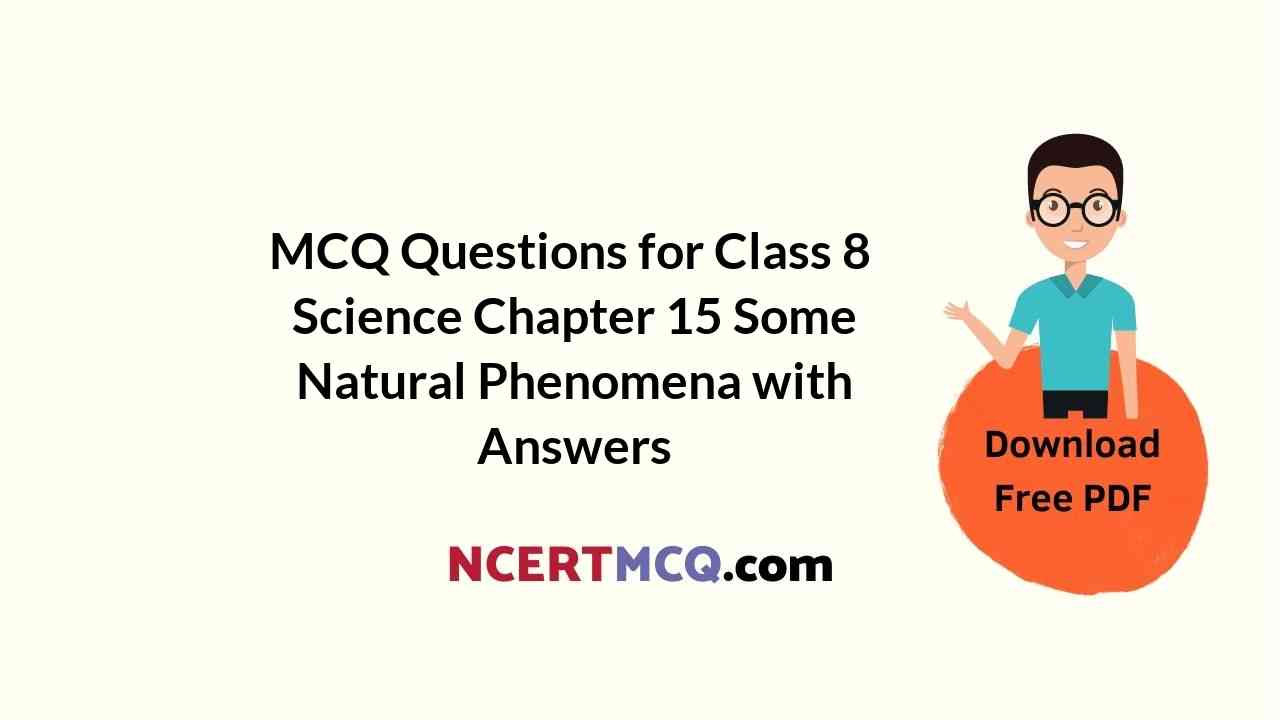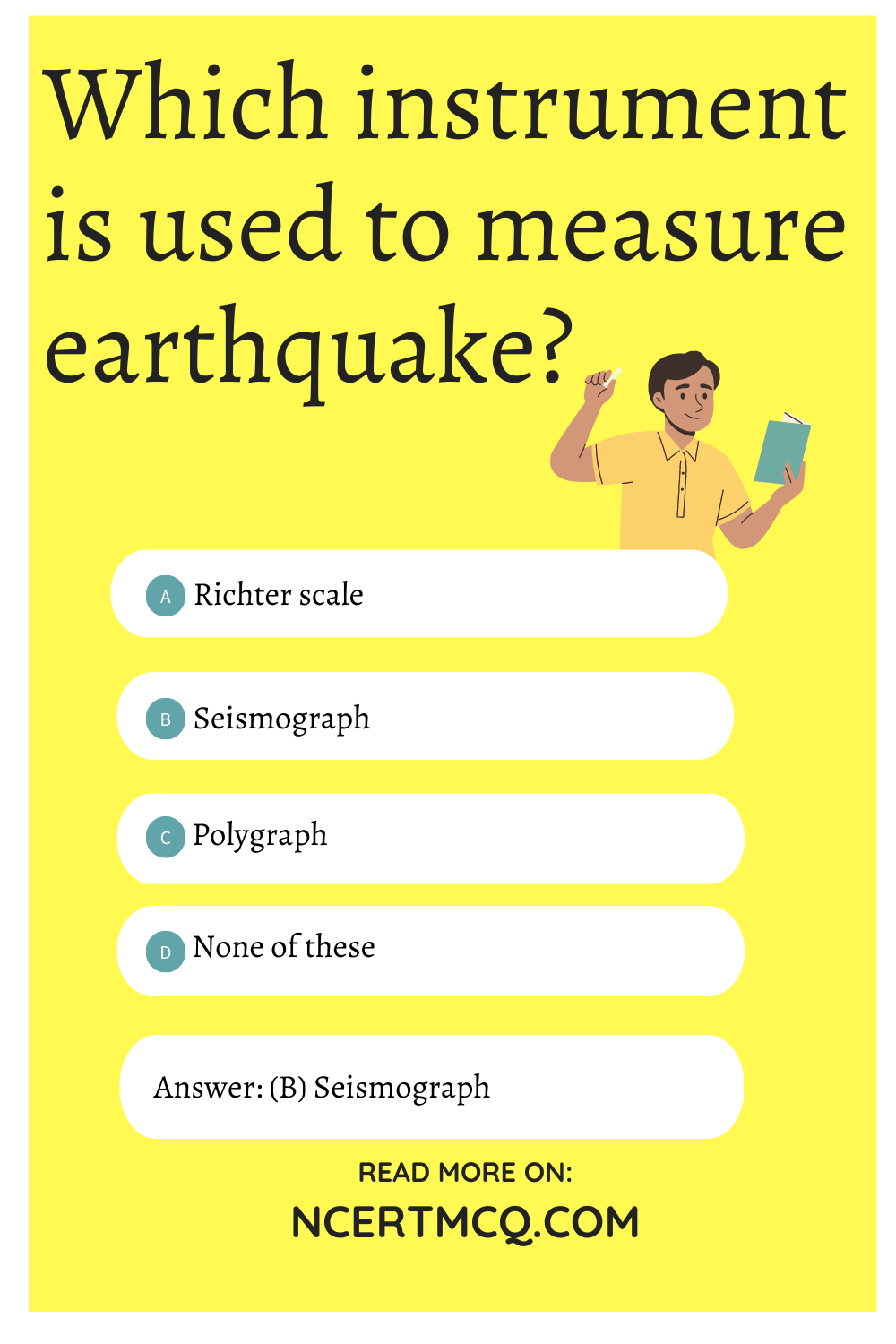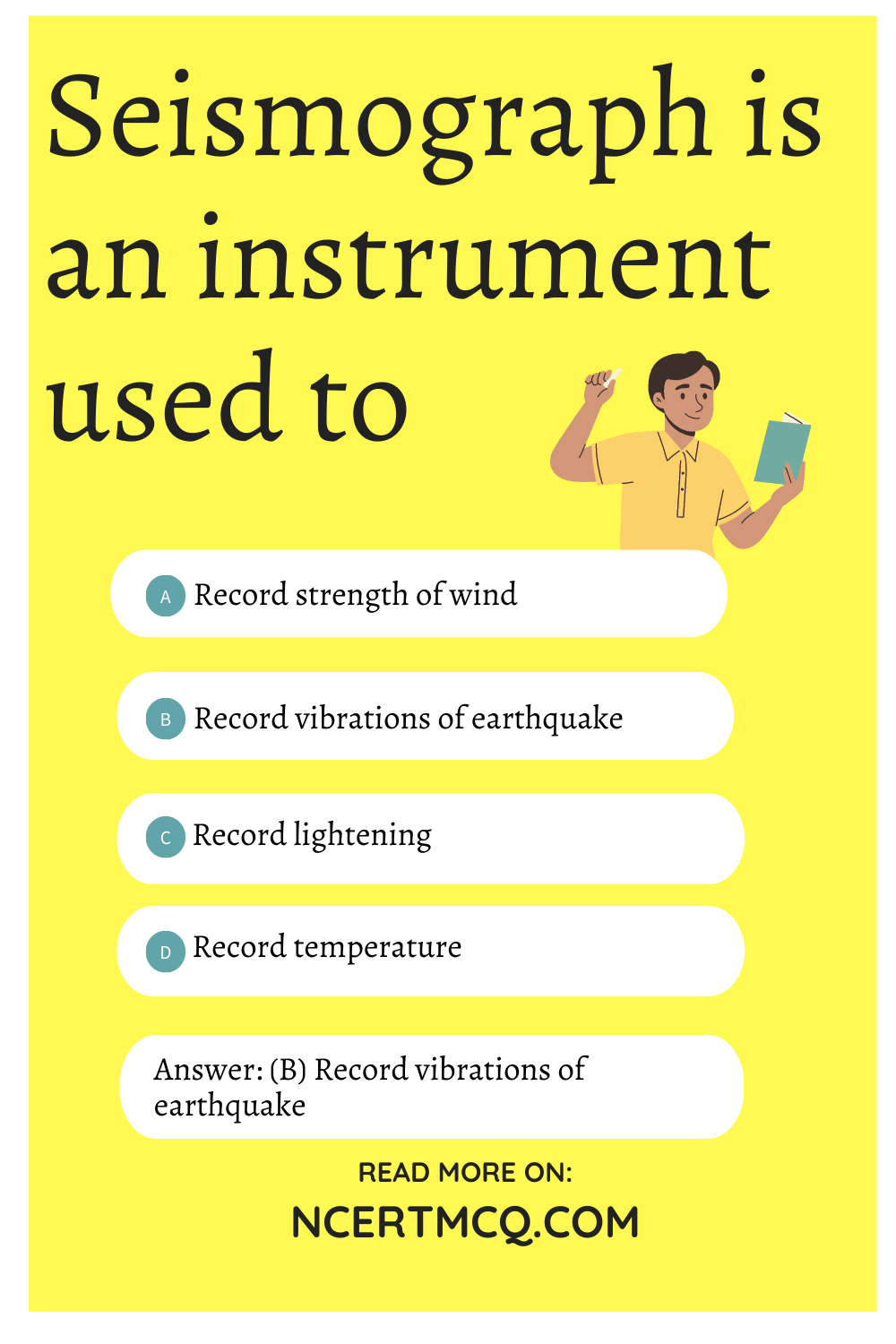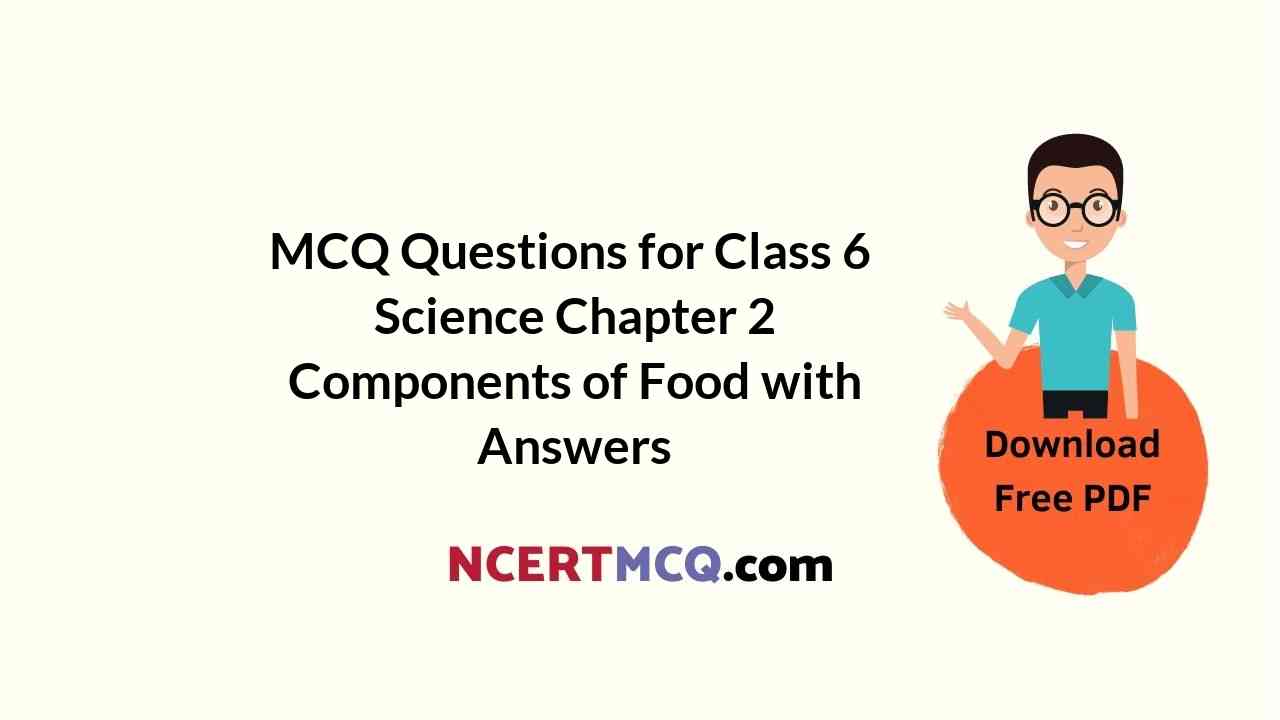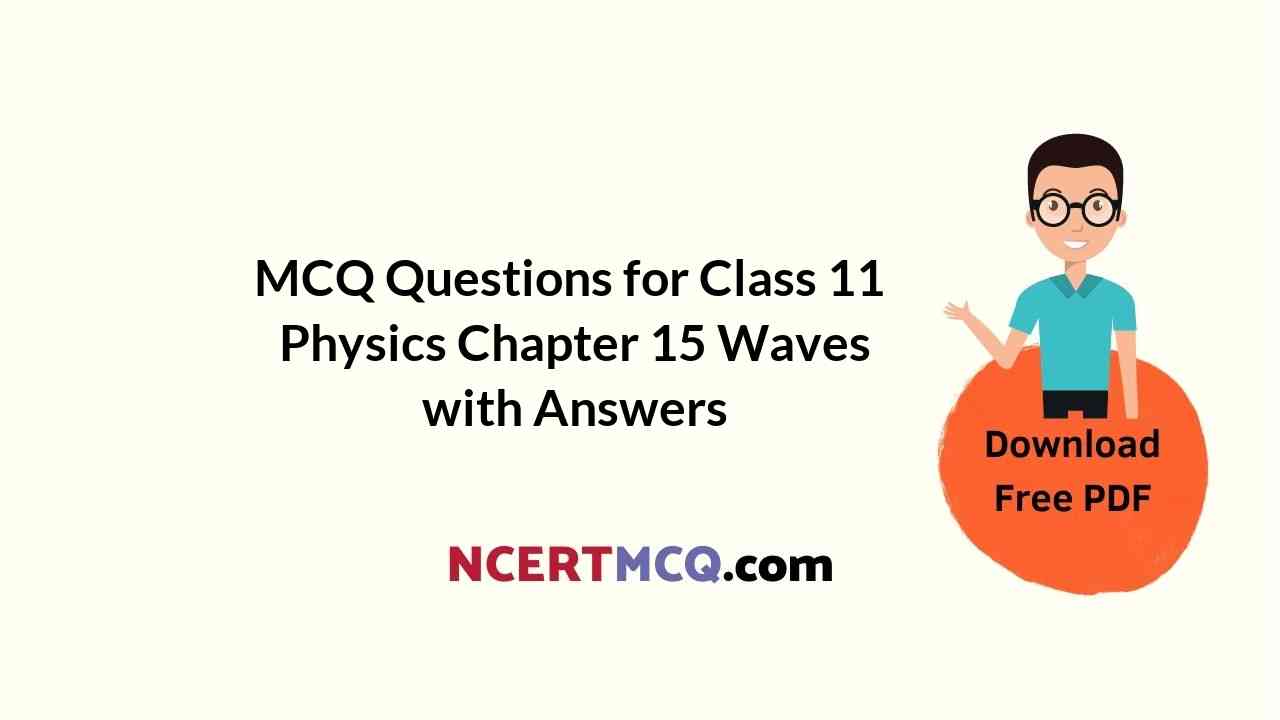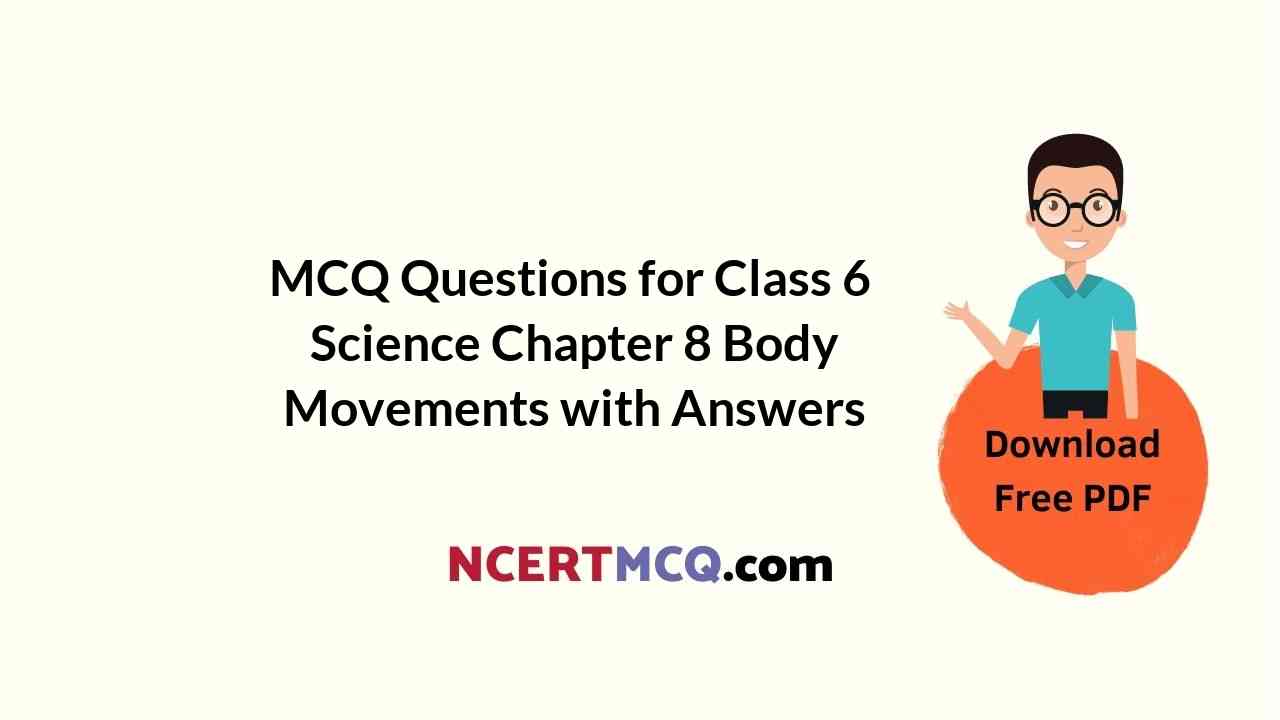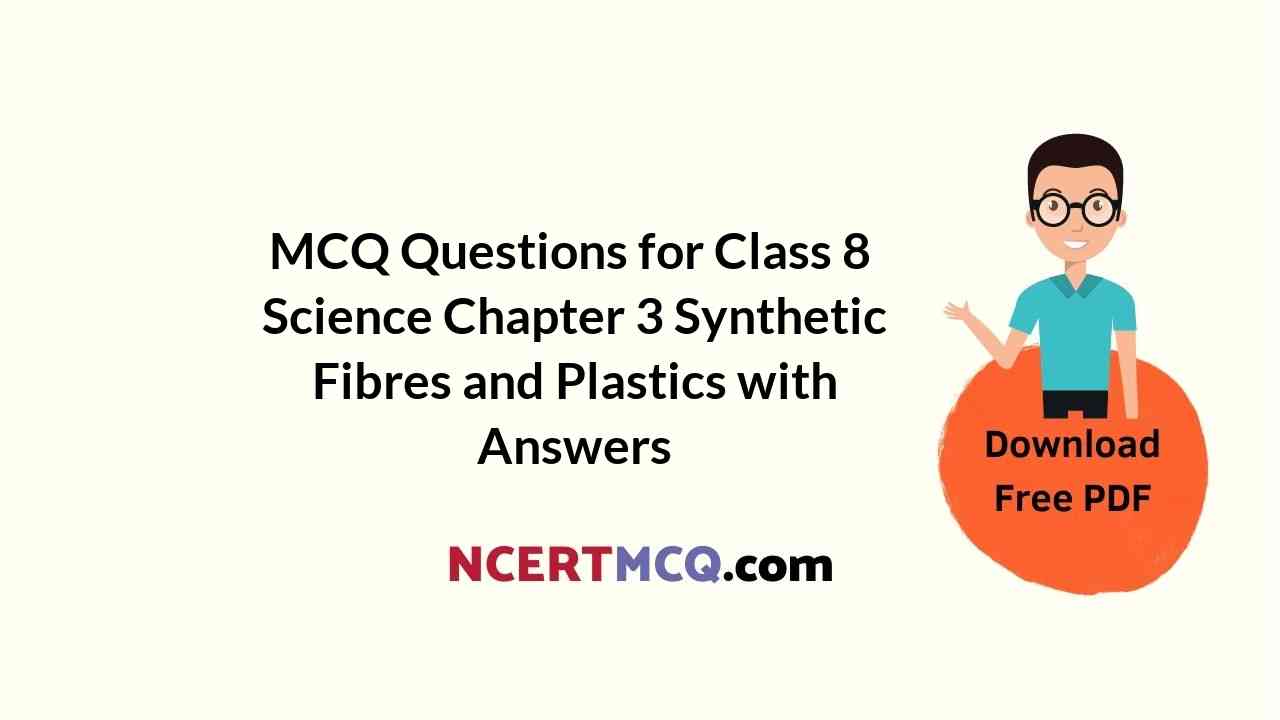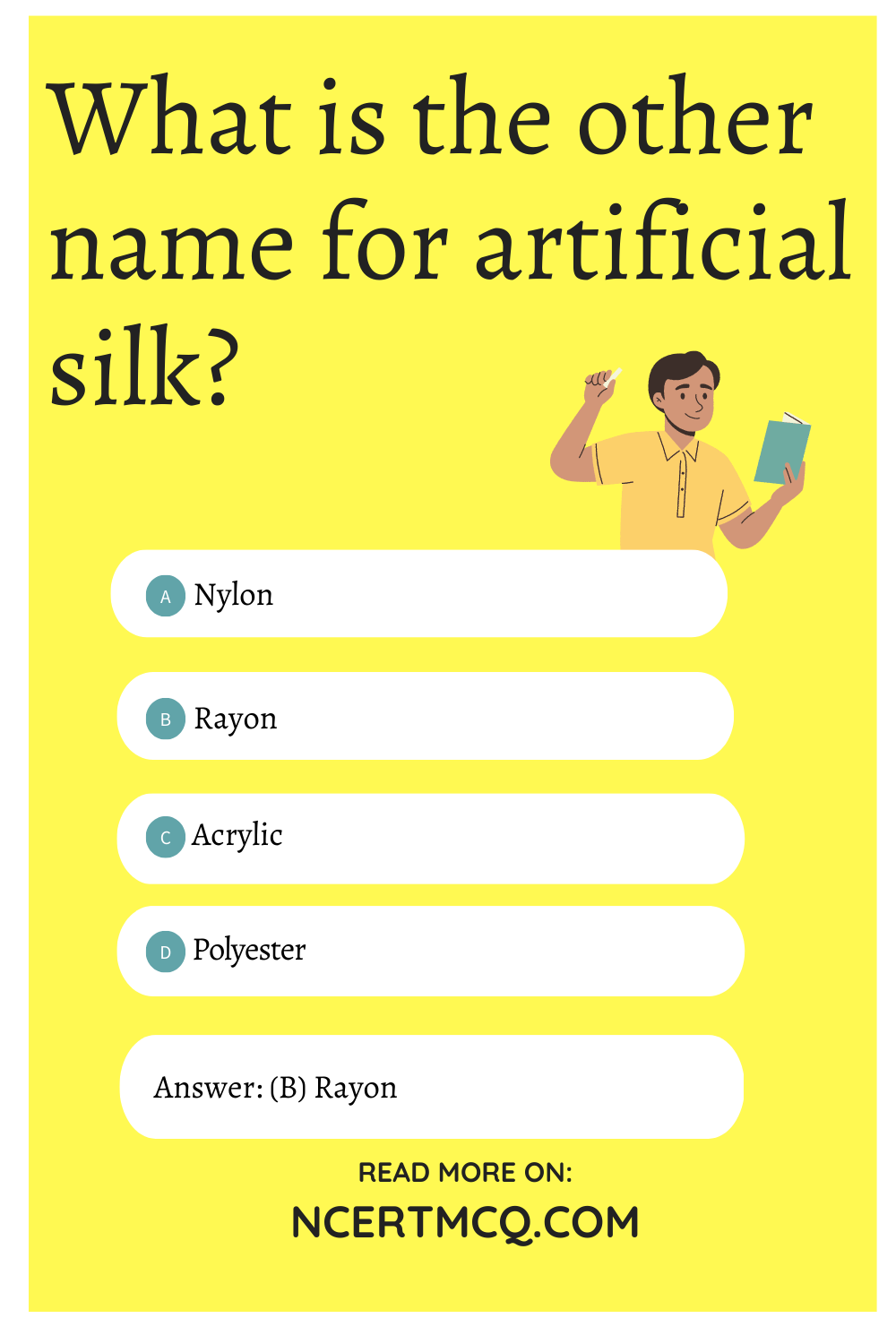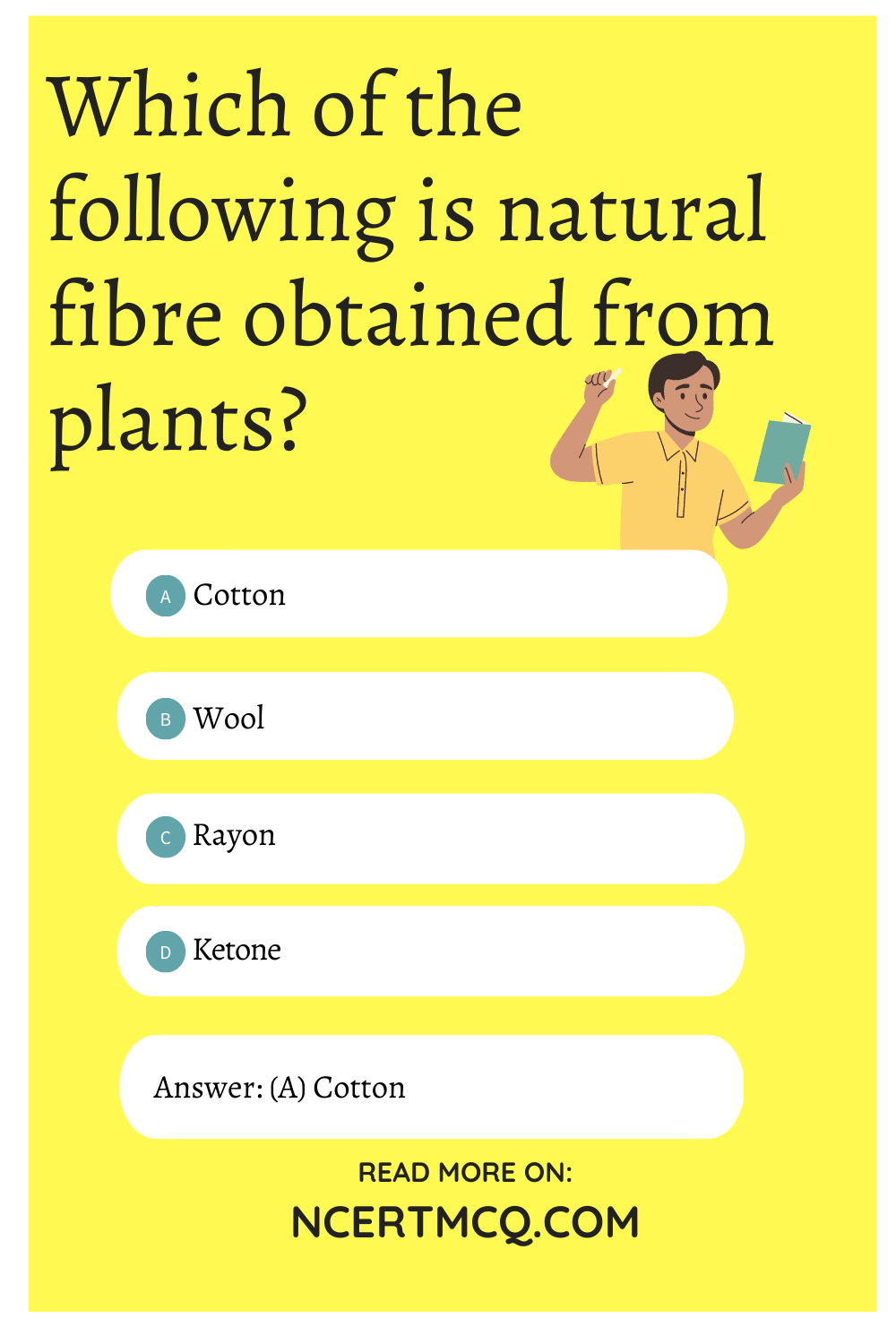Check the below Online Education NCERT MCQ Questions for Class 7 Science Chapter 2 Nutrition in Animals with Answers Pdf free download. MCQ Questions for Class 7 Science with Answers were prepared based on the latest exam pattern. We have Provided Nutrition in Animals Class 7 Science MCQs Questions with Answers to help students understand the concept very well. https://ncertmcq.com/mcq-questions-for-class-7-science-with-answers/
You can refer to NCERT Solutions for Class 7 Science Chapter 2 Nutrition in Animals to revise the concepts in the syllabus effectively and improve your chances of securing high marks in your board exams.
Class 7 Science Chapter 2 MCQ With Answers
Science Class 7 Chapter 2 MCQs On Nutrition in Animals
Choose the correct answer:
Class 7 Science Chapter 2 MCQ Question 1.
Bile is produced in
(a) Gall bladder
(b) Blood
(c) Liver
(d) Spleen
Answer
Answer: (c) Liver
Nutrition In Animals Class 7 MCQ Question 2.
Cud is the name given to the food of ruminants which is:
(а) swallowed and undigested.
(b) swallowed and partially digested.
(c) properly chewed and partially digested.
(d) properly chewed and completely digested.
Answer
Answer: (b) swallowed and partially digested.
MCQ Questions For Class 7 Science Chapter 2 Question 3.
The false feet of Amoeba are used for:
(a) movement only
(b) capture of food only
(c) capture of food and movement
(d) exchange of gases only
Answer
Answer: (c) capture of food and movement
Nutrition In Animals Class 7 MCQ With Answers Question 4.
Read the following statements with reference to the villi of small intestine.
(i) They have very thin walls.
(ii) They have a network of thin and small blood vessels close to the surface.
(iii) They have small pores through which food can easily pass.
(iv) They are finger-like projections.
Identify those statements which enable the villi to absorb digested food.
(a) (i), (ii) and (iv)
(b) (ii), (iii) and (iv)
(c) (iii) and (iv)
(d) (i) and (iv)
Answer
Answer: (a) (i), (ii) and (iv)
MCQ Questions For Class 7 Science With Answers Chapter 2 Question 5.
The finger-like outgrowths of Amoeba helps to ingest food. However, the finger-like outgrowths of human intestine helps to:
(a) digest the fatty food substances
(b) make the food soluble
(c) absorb the digested food
(d) absorb the undigested food
Answer
Answer: (c) absorb the digested food
Class 7 Science Ch 2 MCQ Question 6.
The main function of the lacteals of intestine is the absorption of
(a) amino acids
(b) glucose and vitamins
(c) lactic acid
(d) fatty acids and glycerol
Answer
Answer: (d) fatty acids and glycerol
Ncert Class 7 Science Chapter 2 MCQ Question 7.
Gastric digestion takes place efficiently in
(a) acidic medium
(b) alkaline medium
(c) neutral medium
(d) highly alkaline medium
Answer
Answer: (a) acidic medium
Class 7th Science Chapter 2 MCQ Question 8.
Which is not digested by human?
(a) Protein
(b) Fats
(c) Glucose
(d) Cellulose
Answer
Answer: (d) Cellulose
Class 7 Chapter 2 Science MCQ Question 9.
How many premolars teeth found in mouth?
(a) 2
(b) 4
(c) 6
(d) 8
Answer
Answer: (b) 4
MCQ On Nutrition In Animals Class 7 Question 10.
Given below from (i) to (iv) are some food items.
(i) Boiled and mashed potato
(ii) Glucose solution
(iii) A slice of bread
(iv) Mustard oil
Which of the above will give blue-black colour when tested with iodine?
(a) (i) and (ii)
(b) (i) and (iii)
(c) (ii) and (iii)
(d) (iii) and (iv)
Answer
Answer: (b) (i) and (iii)
Ch 2 Science Class 7 MCQ Question 11.
Which of the following pair of teeth differ in structure but are similar in function?
(a) canines and incisors
(b) molars and premolars
(c) incisors and molars
(d) premolars and canines
Answer
Answer: (a) canines and incisors
Science Class 7 Chapter 2 MCQ Question 12.
Read carefully the terms given below. Which of the following set is the correct combination of organs that do not carry out any digestive functions?
(a) Oesophagus, Large Intestine, Rectum
(b) Buccal Cavity, Oesophagus, Rectum
(c) Buccal Cavity, Oesophagus, Large Intestine
(d) Small Intestine, Large Intestine, Rectum
Answer
Answer: (a) Oesophagus, Large Intestine, Rectum
Chapter 2 Science Class 7 MCQ Question 13.
The swallowed food moves downwards in the alimentary canal because of:
(a) force provided by the muscular tongue.
(b) the flow of water taken with the food.
(c) gravitational pull.
(d) the contraction of muscles in the wall of food pipe.
Answer
Answer: (a) force provided by the muscular tongue.
Class 7 Ch 2 Science MCQ Question 14.
The acid present in the stomach:
(a) kills the harmful bacterial that may enter along with the food.
(b) protects the stomach lining from harmful substances.
(c) digests starch into simpler sugars.
(d) makes the medium alkaline.
Answer
Answer: (c) digests starch into simpler sugars.
Class 7 Nutrition In Animals MCQ Question 15.
The enzymes predsent in the saliva convert:
(a) fats into fatty acids and glycerol
(b) starch into simple sugars
(c) proteins into amino acids
(d) complex sugars into simple sugars
Answer
Answer: (b) starch into simple sugars
Match the following:
| Column A | Column B |
| (i) Autotrophs | (a) Carbohydrate |
| (ii) Sugar | (b) Sucking |
| (iii) Photosynthesis | (c) Chlorophyll |
| (iv) Hydra | (d) Green plants |
Answer
Answer:
| Column A | Column B |
| (i) Autotrophs | (d) Green plants |
| (ii) Sugar | (a) Carbohydrate |
| (iii) Photosynthesis | (c) Chlorophyll |
| (iv) Hydra | (b) Sucking |
Fill in the blanks:
1. Ingestion is the first step in the process of ……………..
Answer
Answer: holozoic nutrition
2. Digestion is the breakdown of complex food materials into ……………..
Answer
Answer: simple materials
3. …………….. plant is the common example of insectivorous plants.
Answer
Answer: Pitcher
4. The water is present even in the dry soil in the form of a …………….. layer on the sand particles.
Answer
Answer: hygroscopic
5. The source of energy for living organism is ……………..
Answer
Answer: food
Choose the true and false statements from the following:
1. The breakdown of complex component of food into simpler substance is called digestion.
Answer
Answer: True
2. Food is not synthesised in green plant.
Answer
Answer: False
3. Animals are heterotrophic.
Answer
Answer: True
4. Amoeba is a many celled animal.
Answer
Answer: False
5. Salivary glands secrete saliva.
Answer
Answer: True
6. Ruminants are cud chewing animals.
Answer
Answer: True
7. There are four kinds of permanent teeth in our mouth.
Answer
Answer: False
We hope the given NCERT MCQ Questions for Class 7 Science Chapter 2 Nutrition in Animals with Answers Pdf free download will help you. If you have any queries regarding Nutrition in Animals CBSE Class 7 Science MCQs Multiple Choice Questions with Answers, drop a comment below and we will get back to you soon.
Class 7 Science MCQ:
- Nutrition in Plants Class 7 MCQ
- Nutrition in Animals Class 7 MCQ
- Fibre to Fabric Class 7 MCQ
- Heat Class 7 MCQ
- Acids, Bases and Salts Class 7 MCQ
- Physical and Chemical Changes Class 7 MCQ
- Weather, Climate and Adaptations of Animals to Climate Class 7 MCQ
- Winds, Storms and Cyclones Class 7 MCQ
- Soil Class 7 MCQ
- Respiration in Organisms Class 7 MCQ
- Transportation in Animals and Plants Class 7 MCQ
- Reproduction in Plants Class 7 MCQ
- Motion and Time Class 7 MCQ
- Electric Current and Its Effects Class 7 MCQ
- Light Class 7 MCQ
- Water: A Precious Resource Class 7 MCQ
- Forests: Our Lifeline Class 7 MCQ
- Wastewater Story Class 7 MCQ
